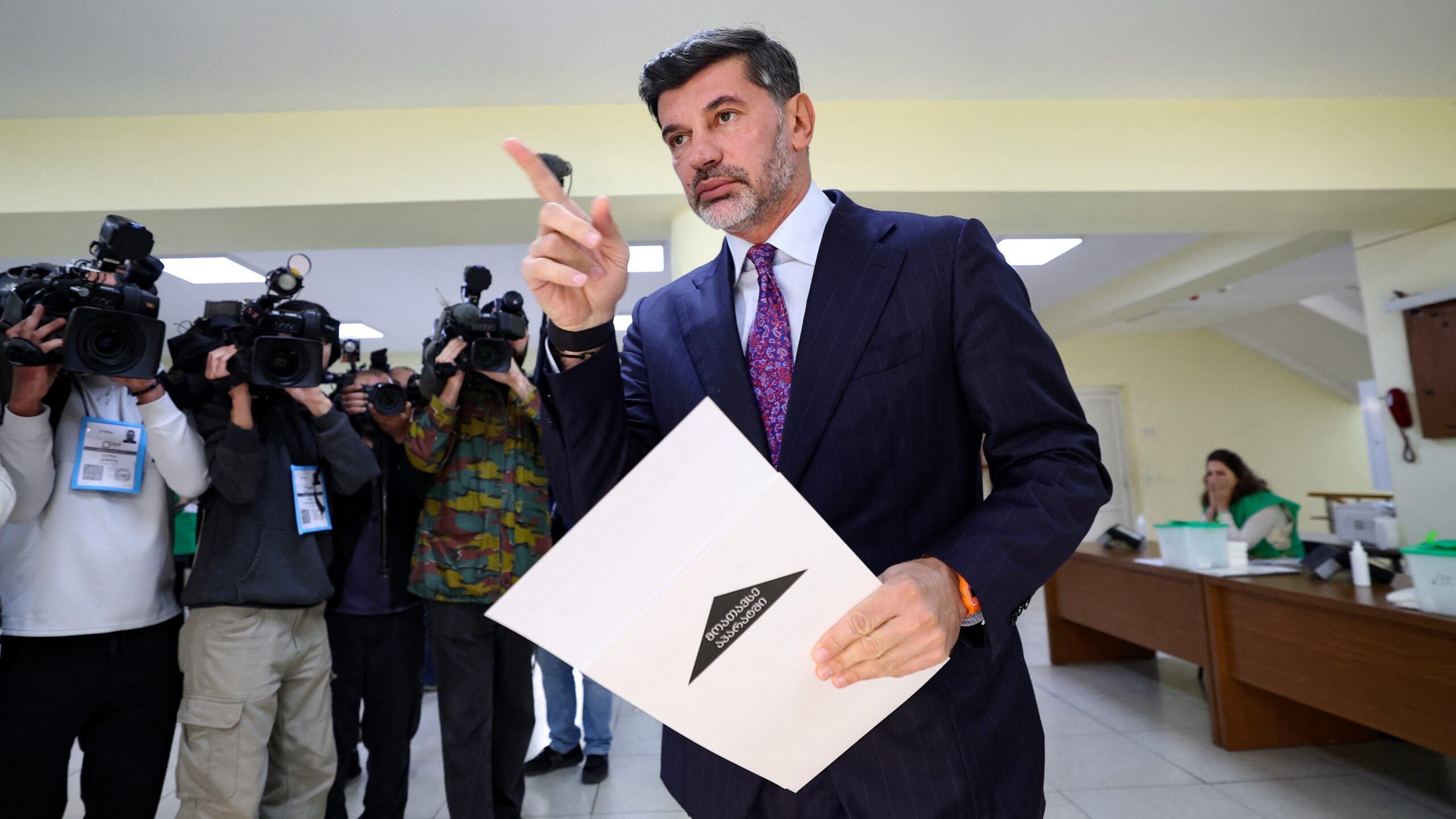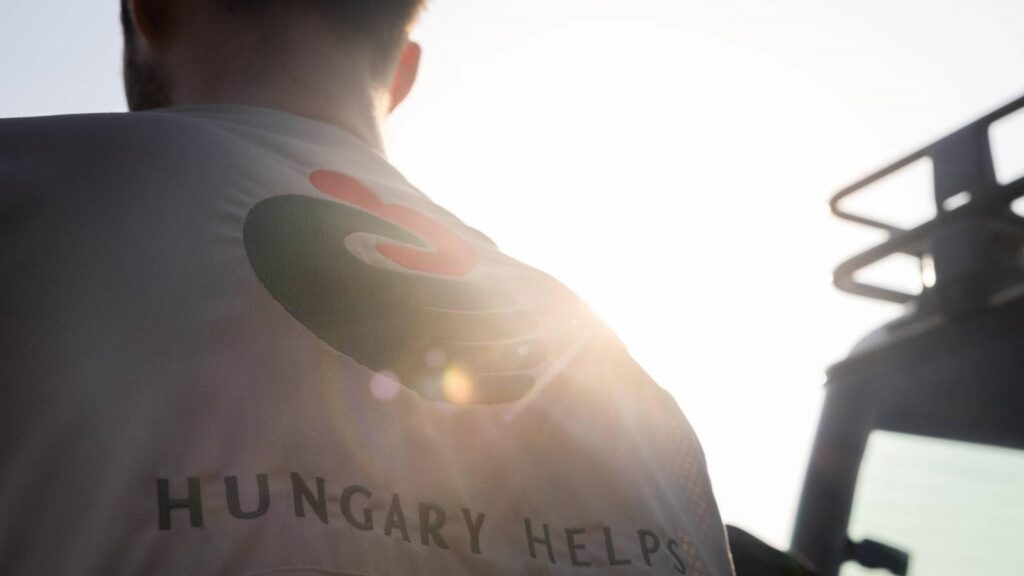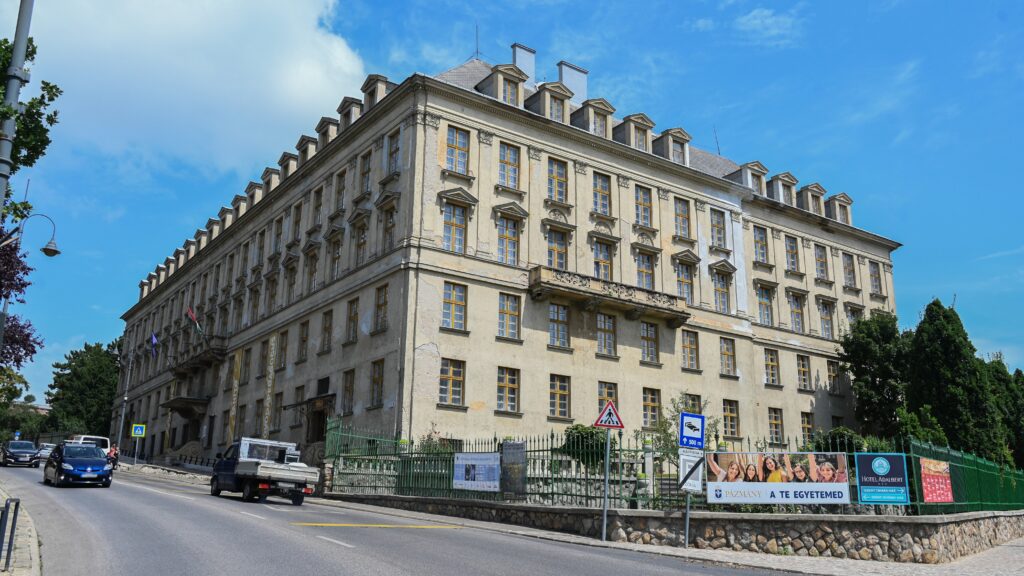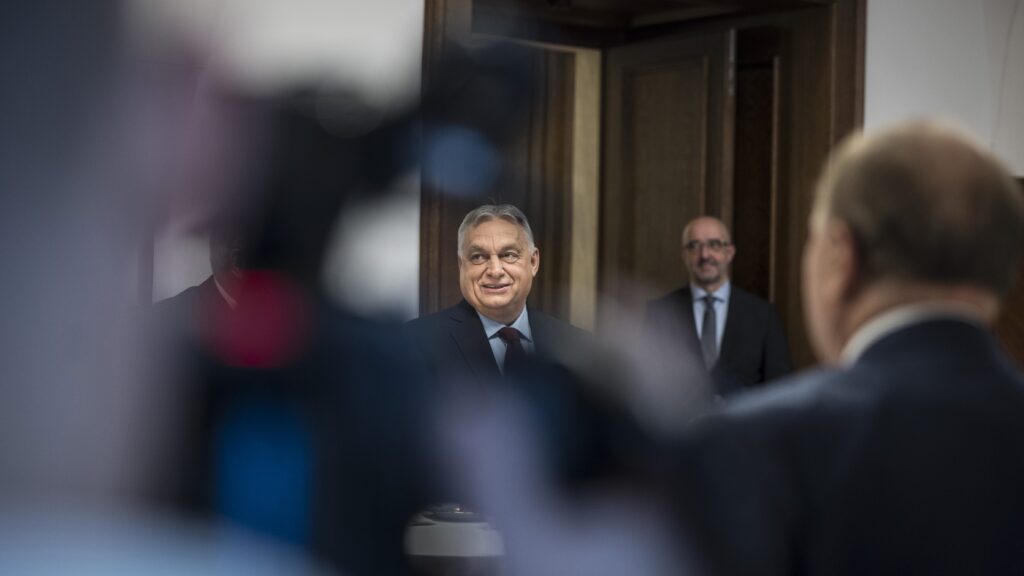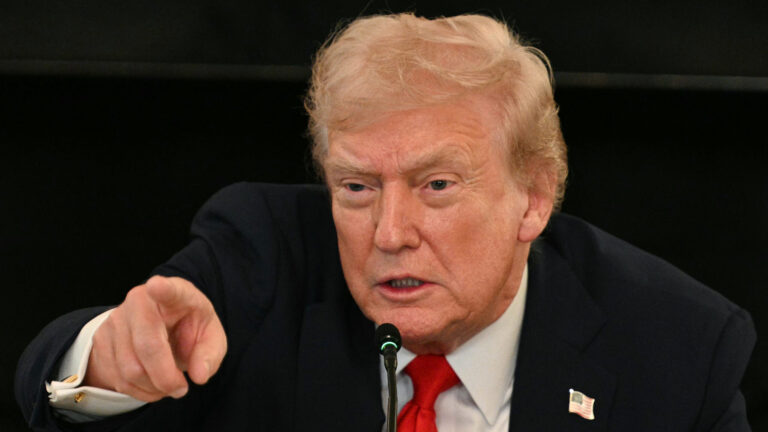
Man, those Georgians just cannot catch a break, can they?
Having been blasted for siding with Russia after their general election in 2024, progressive outlets are now accusing the nation of hosting ‘fake’ observers for their local elections this month.
Writing in 444.hu, Sarolta Székely cites a report by the European Platform for Democratic Elections (EPDE) NGO, which claims that 29 of these phoney observers partook in the oversight mission. Most of these officials came from either France or Hungary, with Székely quick to point out numerous connections to Fidesz and Prime Minister Viktor Orbán.
Overall, Székely suggests the presence of these ‘fake’ vote watchers is evidence that Georgia is following ‘the example of countries such as Russia, Azerbaijan and Belarus’ in terms of democratic backsliding.
But is any of this true?
First off, what does it even mean for an election observer to be ‘fake’? Like any good journalist, Székely does not seem to question this notion, instead opting to basically just repeat the EPDE’s press release point for point.
More work for me, as usual.
And it was work indeed. For some reason, the EPDE also decided not to give any hard reasoning for why it determined that these 29 election observers should be categorized as ‘fake’. The closest we get to them doing so is a vague statement saying that the listed individuals fit the bill ‘as defined by EPDE’s methodology’.
So what is that methodology? On a separate part of the website, the NGO defines someone as being a ‘fake’ observer if they are proven to be present at the elections, and fulfil at least one of five conditions. Quote:
- They fail to denounce the elections as short of meeting democratic standards despite ODIHR/OSCE PA monitoring missions or independent domestic election observers deeming them such.
- They make statements or comments that lend legitimacy to the elections, contradicting the assessments of the aforementioned observation reports.
- They are likely to have political, economic, or other conflicts of interest that would interfere with conducting observations impartially.
- Their activities are restricted to short-term or isolated observations without clear and public acknowledgment of the limited scope of their work or conclusions. They fail to issue public reports on their findings and do not inform publicly about their methodology
- They are likely to have travel and/or accommodation costs paid by governments, domestic politicians, or other domestic political actors or by individuals or organizations related to those individuals.
Straight away, we must conclude that points 3 and 5 are ridiculous. All observers at the Georgian election could have been considered to have violated this precept. All election observers in general have at least some conflict of interest that will colour their perceptions. For instance, the UK government sent at least one observer to study the vote. Such an individual can only be inherently biased, and yet EPDE does not list them as being a fake observer.
The same goes for point 5. The UK government would have clearly funded their observer’s trip to Georgia in some way or another. As should they. To take issue with this is absurd.
We also have to throw out point 1 and point 2. Although invited to observe the vote, the OSCE declined to attend any of the polling stations, claiming that Georgia had somehow invited them too late. As such, there is no report to contradict from their end. Meanwhile, the EPDE does not cite any alternative domestic organization as having the authority to make a similarly weighted edict.
That leaves just point 4. Indeed, it seems like all of the individuals listed by the NGO have made statements that, from what they can tell, the October 2025 vote was mostly well-organized. However, few have published reports on the matter detailing their methodology for coming to such a conclusion.
So, is this evidence that they are fake?
Not so fast.
While it is true that the organizations many of these supposedly ‘fake’ observers belong to have yet to publish a report on the elections, we must remember the vote only took place on 4 October. The vast majority of those who watched the poll take place have yet to publish their findings beyond a few sentences to the media.
Some firmly legitimate observers have a habit of never publishing their findings at all. Again, the UK’s observation mission—which EDPE does not appear to have any problems with—rarely results in any public conclusions bar a small statement on the matter. Does that mean their mission was fake?
‘One has to wonder why we should be even questioning whether these observers were fake in the first place’
But we are getting into the weeds here. On a more fundamental level, one has to wonder why we should be even questioning whether these observers were fake in the first place. The EPDE seems to put a great amount of emphasis on the fact that many of them claimed the election passed off with little incident, and was overall conducted well and fairly. Such claims seem to be anathema to the organization, which, in my view, seems to have a bone to pick with Georgia.
But the statements made by these observers seem relatively normal. While the OSCE did not attend this year’s election, they did conduct an observation mission for last year’s general election. Although they found some issues, the body overall described election-day operations as ‘procedurally well-organized and administered in an orderly manner’. The claims made by these ‘fake’ observers seem to express similar views. Why suspect them?
And then there is the claim that the ‘majority’ of these fake observers were sourced from France and Hungary. First off, this claim is only true because of the EDPE’s decision to group these countries together for some reason. Perhaps there is some new Franco–Hungarian imperial axis that I have somehow not heard about?
More importantly, though, is why the decision was made to describe these 29 individuals as being ‘fake’, as opposed to any of the other 81 international observers present at polling stations. This decision is left unanswered.
Let us be clear. Perhaps some criticisms of some of the observers present are worthwhile. No organization is perfect, after all. But there is a major difference between criticizing the implementation of an election observation mission and decrying it as fake.
It doesn’t help that EPDE seems to be guilty of some of the same sins it is accusing others of. The organization is funded by numerous public sector bodies hostile to both the Georgian and Hungarian governments. These include the European Commission, the Greens in the European Parliament and the German Federal Foreign Office, among many others.
Hardly a neutral organization, in my view.
But an NGO being biased is not, in itself, a problem. What is a problem is when a left-wing journalist takes the views of such an organization as gospel. Székely does not even show a hint of critical engagement with the material she was handed, basically serving less as a reporter and more as a sock puppet for a government-funded organization.
444.hu describes itself as ‘independent’. Its journalists sure don’t act like it.
Slop Rating:





Related articles:

